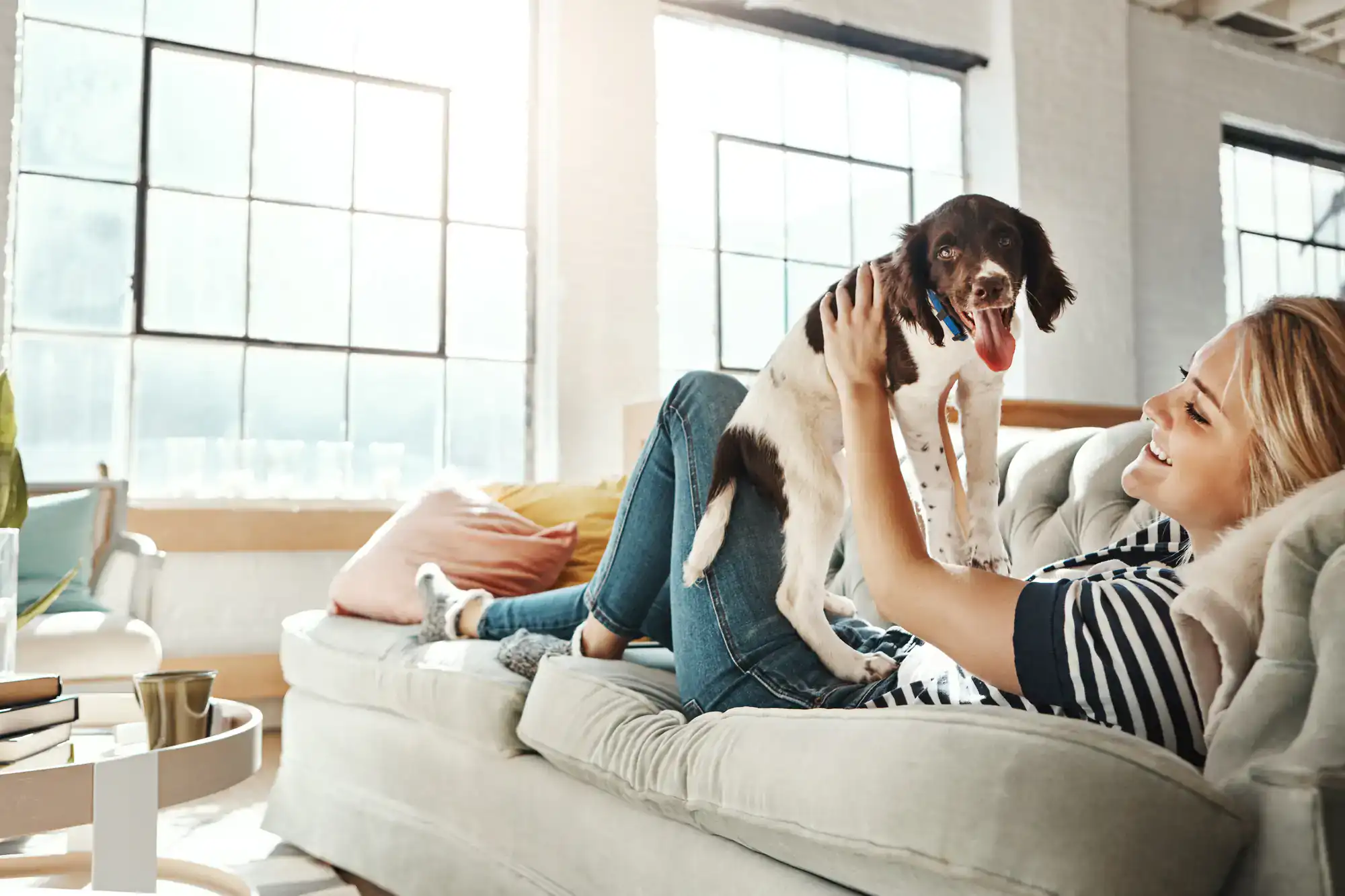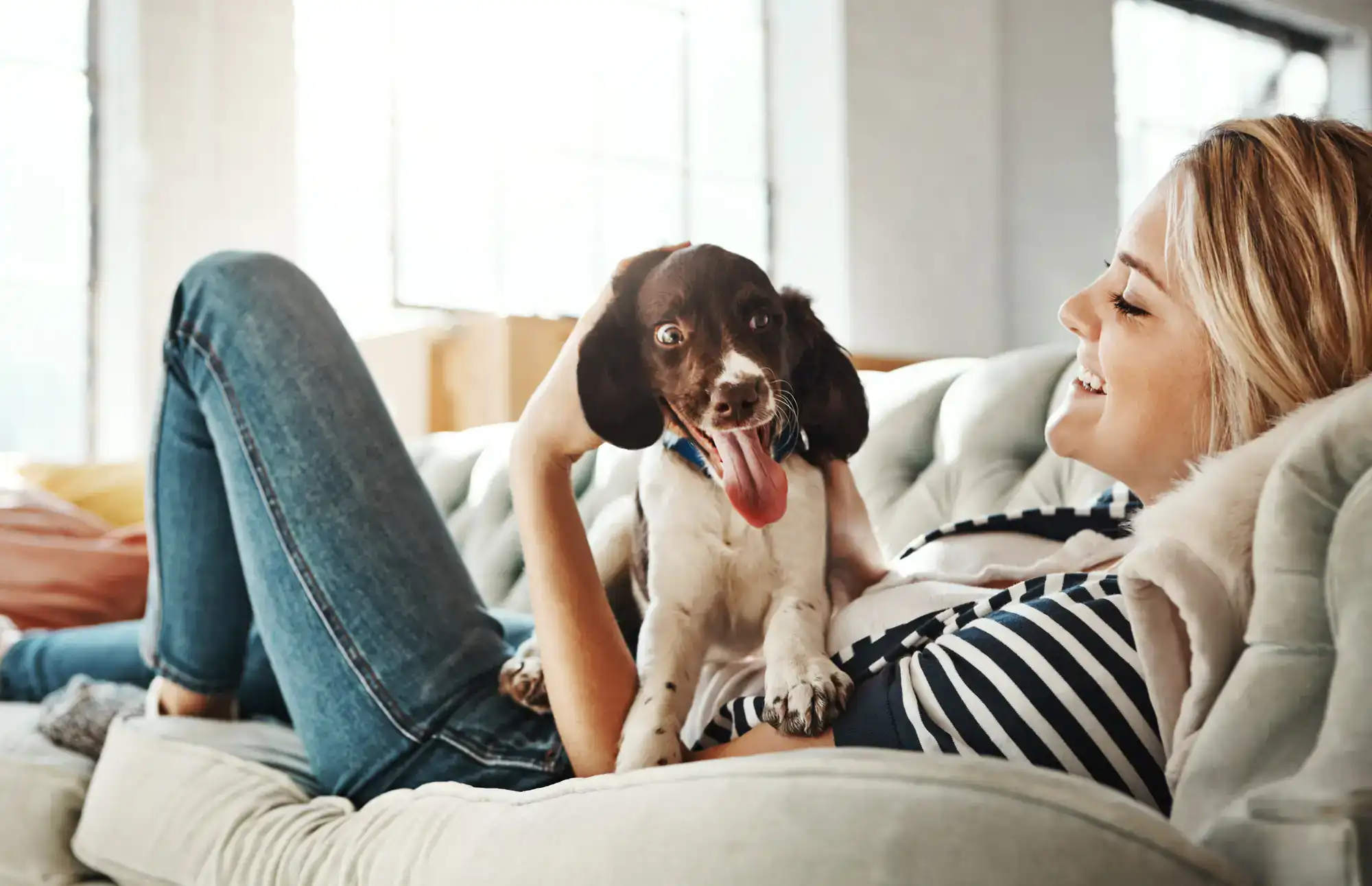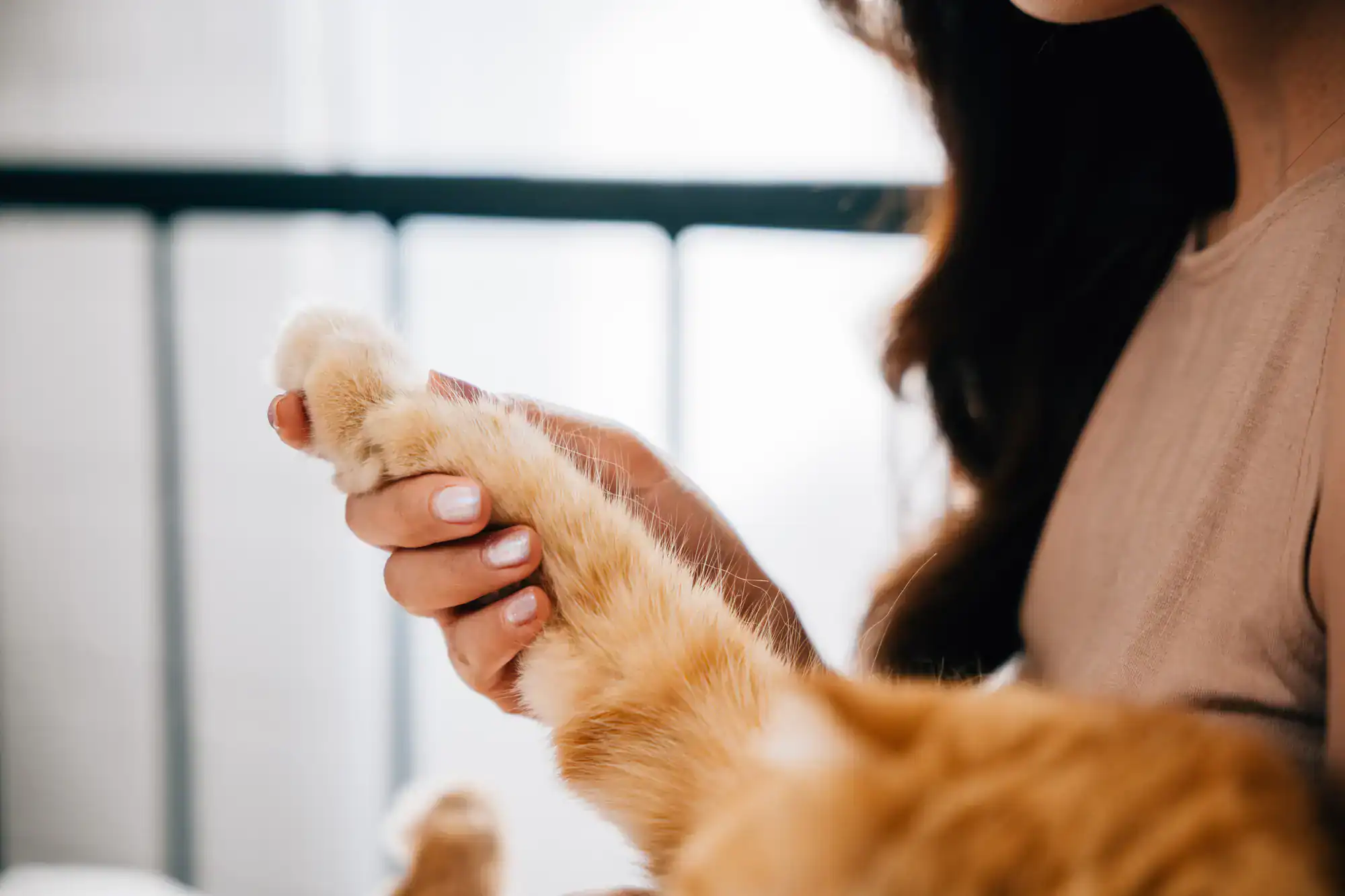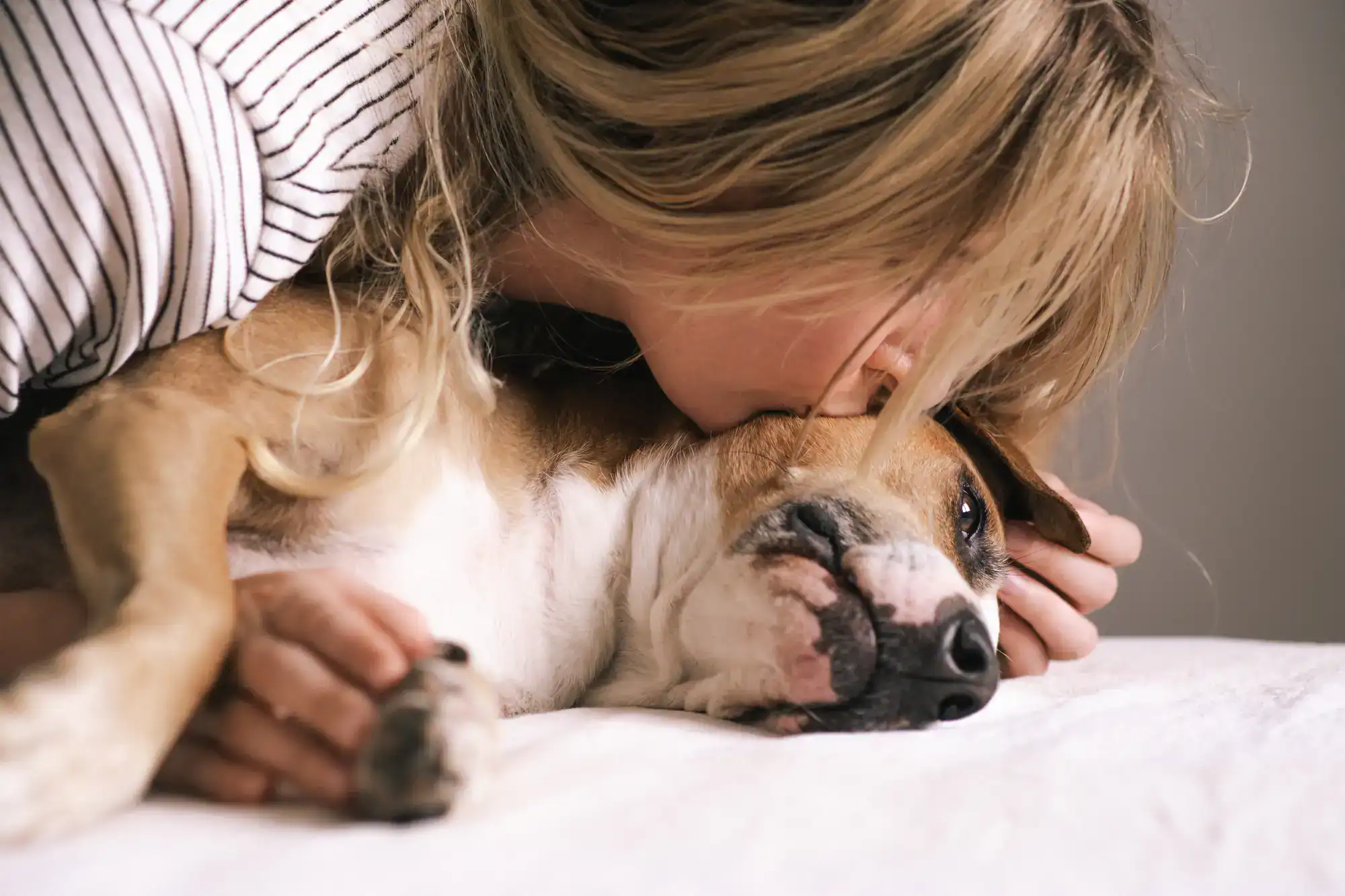Pet Loss Support in Honea, TX
Your Grief Deserves Real Support
Professional guidance and proven resources for Honea families navigating the profound loss of a beloved pet companion.

Hear from Our Customers

Pet Grief Counseling Honea
The grief you’re feeling is real, and it’s intense for good reason. Research confirms that pet loss can trigger grief levels comparable to losing a human family member. You’re not overreacting.
Grief symptoms typically persist anywhere from two to six months, sometimes extending up to a full year. This isn’t a character flaw or emotional weakness – it’s the natural response to losing someone who provided unconditional love and daily companionship.
What you need now isn’t judgment or rushed healing. You need resources that acknowledge the depth of your loss and guide you through the process at your own pace.
Pet Bereavement Resources Honea
Since 1989, we at Angel Oaks Pet Crematory have supported Harris County families through their most difficult moments. We’ve learned that pet grief in Texas communities is often intense but poorly understood by the broader community.
Our 35 years of experience has taught us that pets truly are family members who deserve the same respect and dignity in death as they received in life. We’ve walked alongside thousands of grieving families, including many from Honea and surrounding areas.
As active members of the American Association for Pet Loss and Bereavement, we stay current on grief research and best practices. Our bilingual capabilities ensure all families can access support in their preferred language, recognizing the diverse communities throughout Harris County.

Coping With Pet Loss Support
First, we validate what you’re experiencing. Pet owners typically feel less supported when grieving pets compared to humans, yet social support is crucial for reducing grief intensity. We start by acknowledging that your feelings are completely appropriate given your loss.
Next, we connect you with specific resources tailored to your situation. This might include referrals to certified pet loss grief specialists, information about Houston-area support groups, or educational materials that help normalize your experience. We maintain relationships with veterinary social workers and grief counselors who understand pet bereavement.
Finally, we help you create meaningful ways to honor your pet’s memory while processing your grief. This could involve memorial planning, connecting with other grieving pet owners, or finding ways to channel your love into helping other animals in need.

Ready to get started?
Pet Loss Resources Texas
Texas represents 29% of national pet care sales, reflecting how deeply our communities value the human-animal bond. Yet formal pet loss support often lags behind this emotional reality. We bridge that gap with comprehensive, locally-relevant resources.
Our connections include Houston-area support groups that meet monthly, staffed by trained volunteers from the Association for Pet Loss and Bereavement. We also maintain referral relationships with specialized grief recovery programs, including 6-week action-based programs designed specifically for pet loss.
For Honea families, we provide both immediate crisis support and long-term grief resources. Our approach recognizes that while 74.7% of pet owners mourn privately, 58.2% still seek social support – we help you find the right balance for your healing process.

How long does pet grief typically last and is my reaction normal?
Where can I find pet loss support groups in the Houston area?
What should I do if people don't understand my grief over losing a pet?
How do I help my children cope with the loss of our family pet?
What are healthy ways to memorialize my pet while I'm grieving?
When should I consider getting professional help for pet grief?
Other Services we provide in Honea
